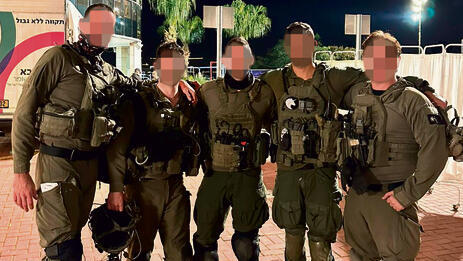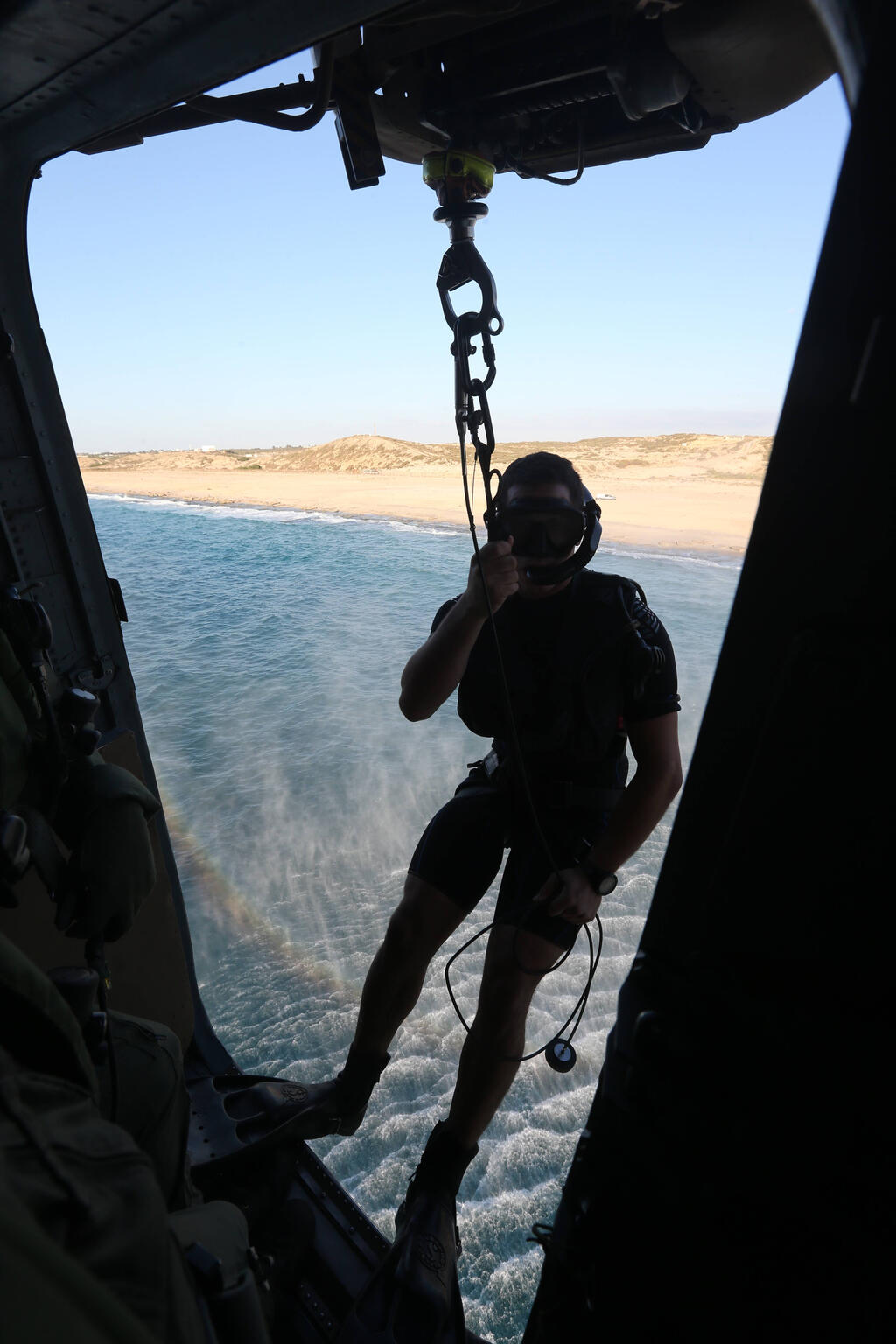"I have been involved in numerous rescue operations. I was always prepared for the potential dangers, but I had never encountered a situation where I knew for certain that I would be conducting extractions under fire," shared Captain D, squad leader in Unit 669, a heliborne combat search and rescue extraction unit that played a crucial role in the intricate operation to rescue Hamas captives from the heart of Rafah.
Read more:
Captain D operated as part of the initial assault team. This meant that in the event of any complications, his team would be the first to arrive and evacuate the wounded. "In our preparations for such operations, we thoroughly understand the requirements of the mission and then proceed with meticulous planning. We focus on building the necessary capabilities and assembling the appropriate equipment," explained Captain D. "Our role is to intervene and rescue, both on the ground and from the air. Specifically, my mission was focused on ground operations."
Captain D accompanied the naval commandos, becoming an integral part of their missions. "Upon arriving in the area, we joined forces with the naval commandos and the Shin Bet. Interestingly, their medic had previously served in our unit, creating a strong personal connection beyond the shared commitment to our highly professional mission," he recounts.
"We were informed that there was one lightly wounded from our force. My role at that time was to attend to the captives, ensuring their well-being, and handing them over to IDF forces from the National Counter Terrorist Unit. I offered them something warm, spoke to them in Hebrew and provided reassurance. Simultaneously, I ensured that a medic was available to follow up on the injured. As the helicopter landed, I escorted them and facilitated their connection with the commanding officer from the unit who was onboard. I shouted in his ear that everything was fine, advising them to put in earplugs and cover their ears."
Captain D emphasized the effectiveness of the collaboration between the forces during the mission. "We spent several hours with the fighters beforehand. Conversations were had, establishing a connection. I know there are people there who rely on me because if they didn't need me, they wouldn't have called," he shared. "I felt a sense of nervousness as I believed I was on the front line of this mission. If I were to fail, lives could be lost."
Expressing unwavering confidence, he mentioned their trust in the National Counter Terrorist Unit: "We had an exceptionally high level of trust. We were certain they would take care of the captives, and if necessary, they would be the ones to put themselves in harm's way. I knew that once the captives were in their custody, they would emerge from the situation just as they had emerged from the building. I truly believed in it. There was a profound desire to bring the hostages home, to reunite them with their families alive. I am relieved that the event concluded as it did."




